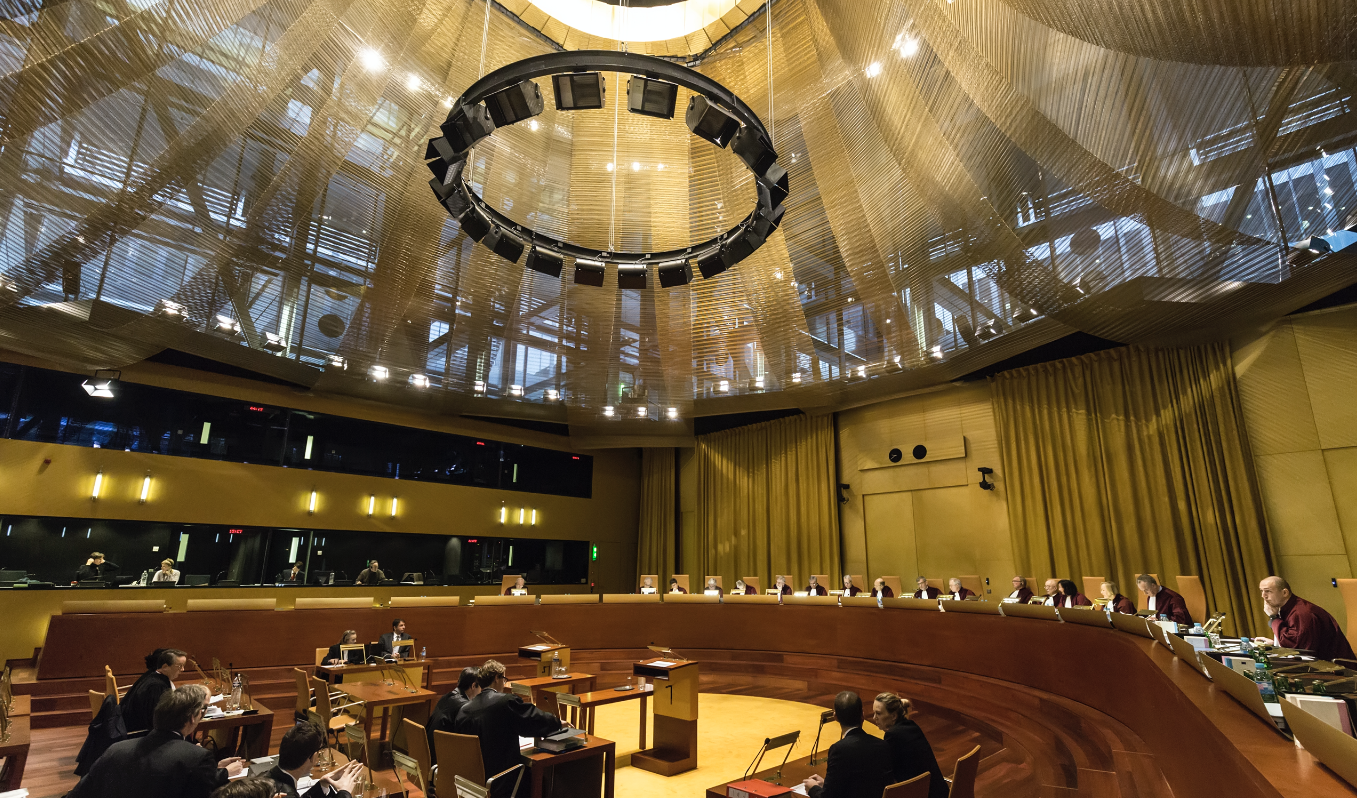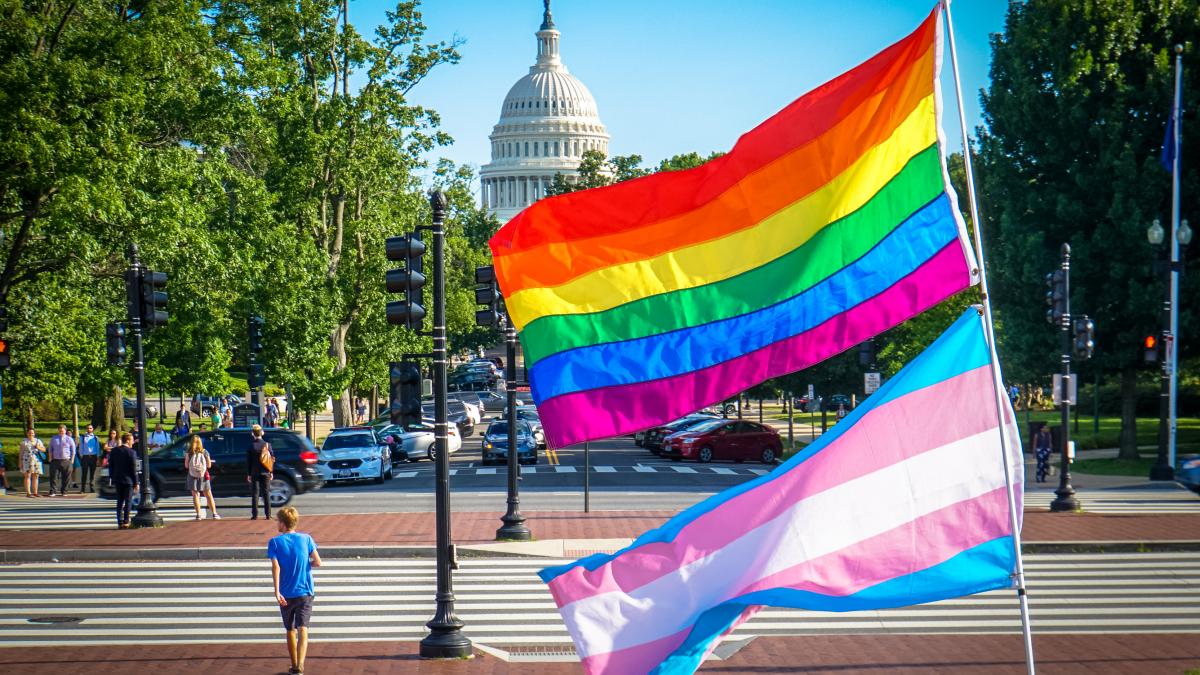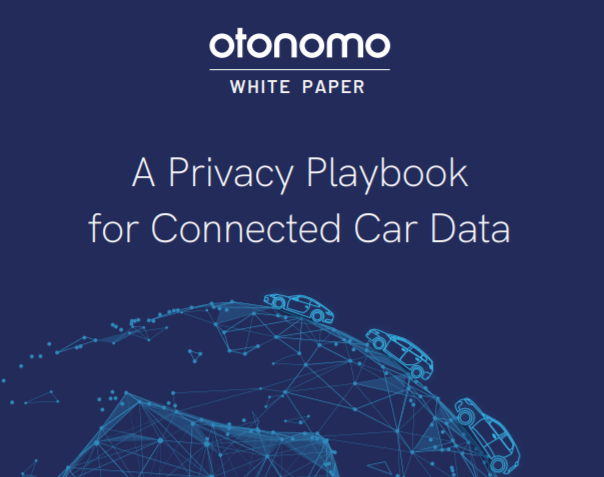Showing results for virg xped promo codes kenya

Best Practices
[…] by the FTC as an approved COPPA safe harbor program. Location Best Practices for Location Based Services CTIA – The Wireless Association | Mar 2010 Guidelines to promote and protect user privacy as Location Based Services are developed and deployed. Best Practices for Location Based Services Digital Signage Federation | Mar 2010 Guidelines to […]

Privacy Papers for Policymakers for 2019
[…] Privacy Forum and is a member of the American Law Institute. Professor Richards graduated in 1997 with graduate degrees in law and history from the University of Virginia, and served as a law clerk to both William H. Rehnquist, Chief Justice of the United States and Paul V. Niemeyer, United States Court of Appeals […]

What to Expect from the Court of Justice of the EU in the Schrems II Decision This Week
[…] there is no immediate solution to provide an alternative lawful mechanism for transfers. The other options provided by the GDPR, like Binding Corporate Rules, certification mechanisms and Codes of Conduct (CoC) take a long time to be approved by Data Protection Authorities and very few are in place (particularly BCRs; there are currently no […]

Jules Polonetsky

Supreme Court Rules that LGBTQ Employees Deserve Workplace Protections–More Progress is Needed to Combat Unfairness and Disparity
[…] that discriminatory decisions and resulting unfairness as determined by algorithms can lead to distinct collective and societal harms. For example, use of proxies, such as “gayborhood” ZIP codes in algorithms or resume clues regarding LGBTQ community activism, can lead to employment discrimination and result in the same differential access to job opportunities. As organizations […]

InformationPrivacyAct-June3-2020
[…] Such 19 industry -specific compliance programs shall be developed by one or more covered entities or 20 organizations representing categories of covered entities to create standards or codes of conduct 21 regarding compliance with one or more provisions in this Act , and may be submitted to the 22 Commission for consideration no ear […]

FPF_GDPR Report Final
[…] organization is based outside the EU. For example, the GDPR will apply to the admissions process if institutions do any of the following: • Participate in any promotional events in the EU, such as higher-ed fairs; • Include in marketing communicati ons the email addresses, home addresses, or phone numbers of prospective students in […]

FinTech AI _FPF written statement_Feb2020
[…] . The Court ruled that it was illegal for a company to rely on factors which were shown to unfairly favor white applicants to make hiring or promotion decisions, whether or not the discrimination was intentional. 32 This lack of intent is st ill applicable – and any AI systems that y ield recommendations […]

PPPM 2020 Digest
[…] Privacy Forum and is a member of the American Law Institute. Professor Richards graduated in 1997 with graduate degrees in law and history from the University of Virginia, and served as a law clerk to both William H. Rehnquist, Chief Justice of the United States and Paul V. Niemeyer, United States Court of Appeals […]

A Privacy Playbook for Connected Car Data
[…] use, and sharing of personal information about drivers, passengers, cyclists, and pedestrians. It is crucial that companies, advocates, academics, technical experts, and policymakers craft creative solutions that promote the benefits of connected vehicles while mitigating the privacy risks. Global legal frameworks have a role to play in assuring meaningful data protection and promoting trust, […]
